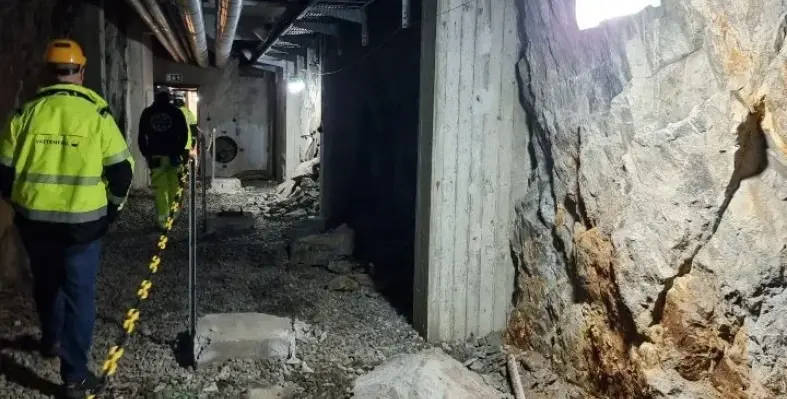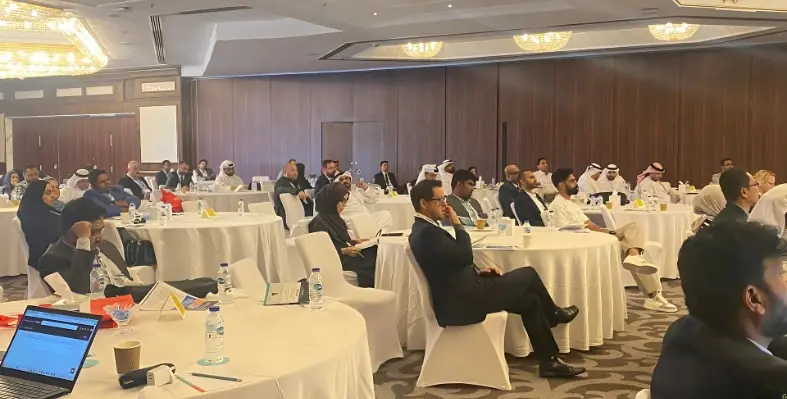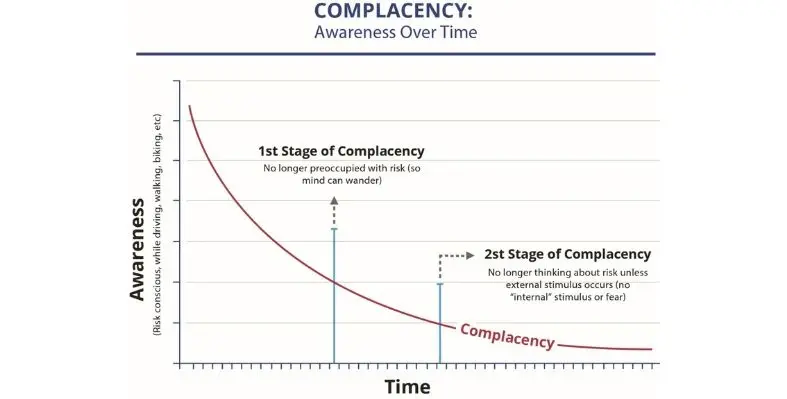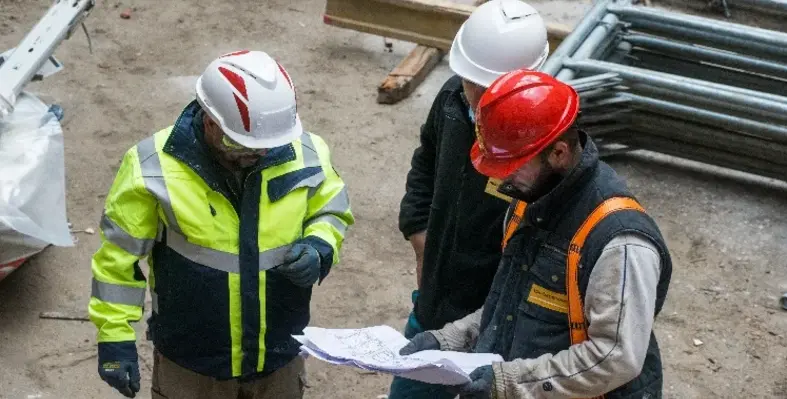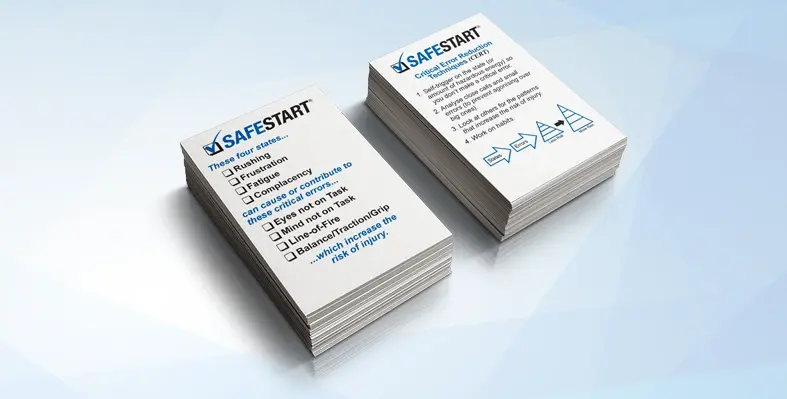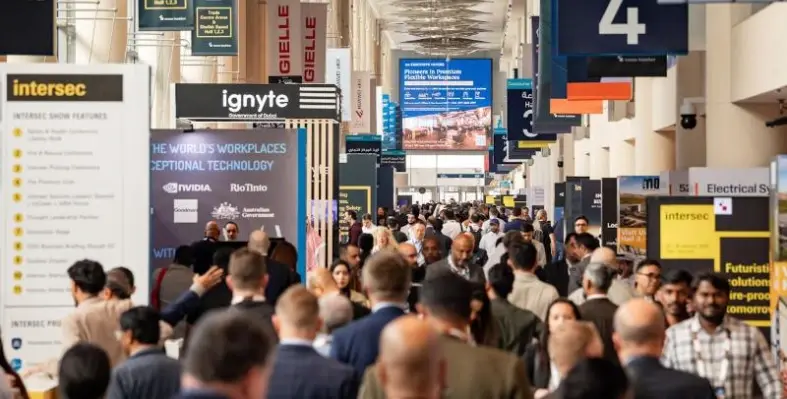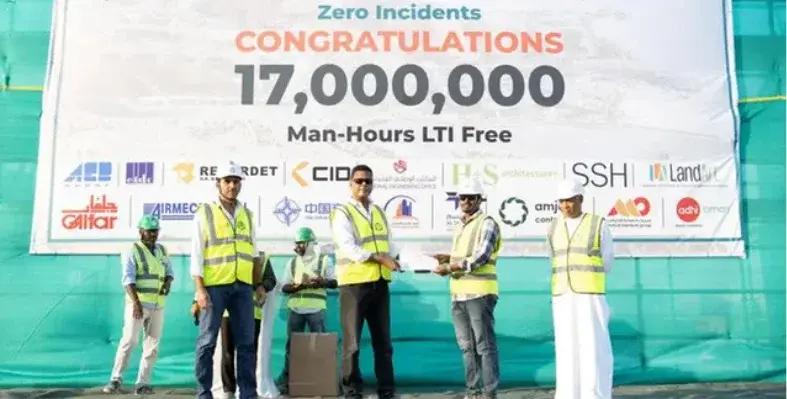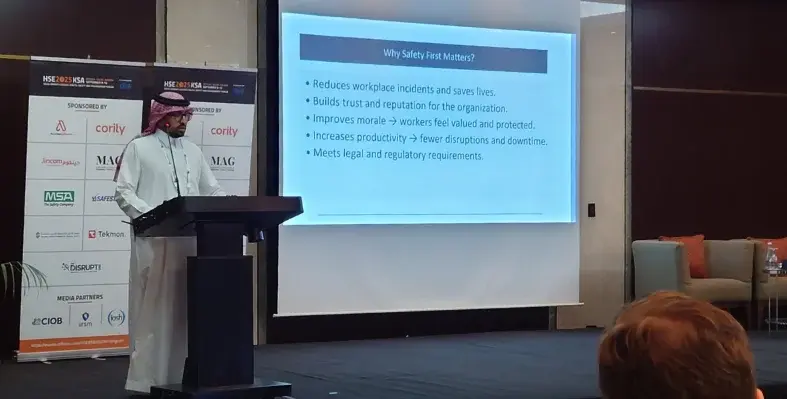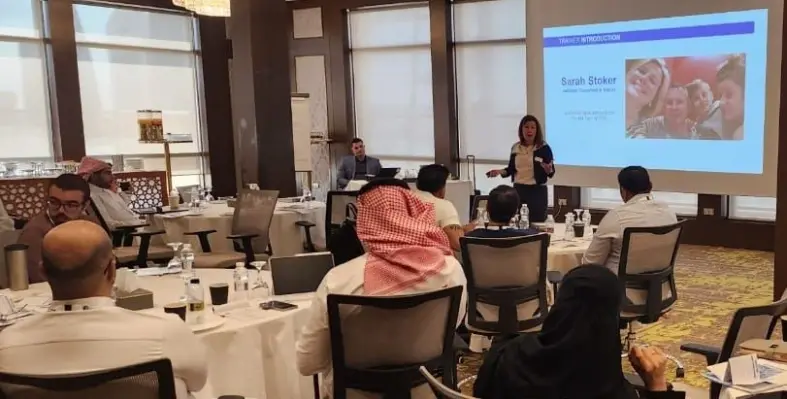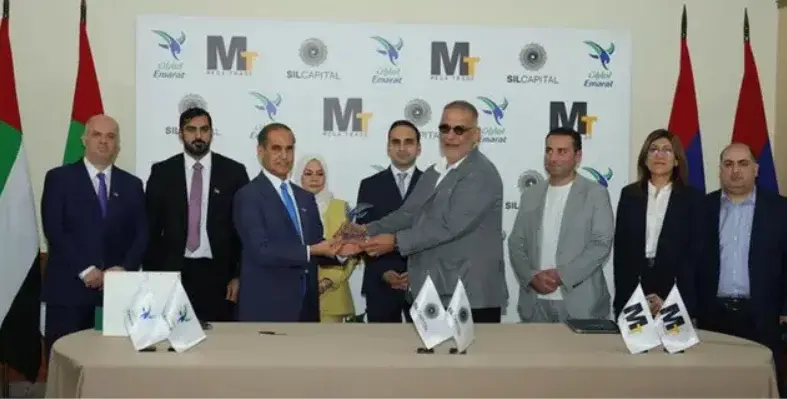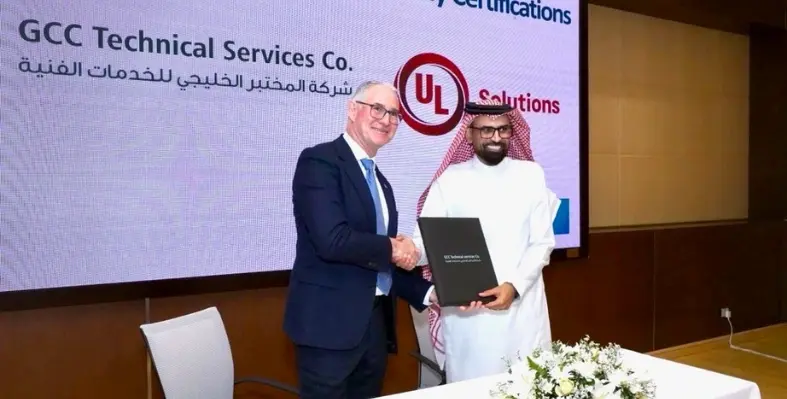India’s Ken Institute has outlined a range of measures that could be implemented to protect workers and elevate health and safety standards across Saudi Arabia’s NEOM mega project
In a 4 November article published on the training group’s website, entitled ‘Worker Safety Challenges at Saudi’s Neom Mega Project’, it highlighted several issues and challenges facing the scheme “with investigations revealing hazardous conditions, reported incidents of violence, accidents, and systemic abuses, especially for migrant workers.“
As well as alleged labour abuses, key concerns also include environmental factors, given the project’s location in the Saudi desert with threats such as heat stress, hydration and dust control.
The institute outlined various mitigation measures, which, when combined as part of a comprehensive occupational health and safety plan, would effectively reduce worker exposure to environmental hazards and enhance overall safety and productivity.
Key recommendations
To prevent future worker deaths at Neom, Ken Institute issued the following recommendations, “combining best practices observed globally and Neom’s commitments”:
Strengthen safety culture and enforcement: Embed a culture of safety as a core value at all levels, ensuring workers feel empowered to report unsafe conditions without fear of retaliation; Enforce strict adherence to international health and safety laws and standards; Conduct frequent audits and inspections by independent third parties to verify compliance and effectiveness of safety protocols.
Anti-discrimination and anti-harassment protections:Implement zero-tolerance policies on harassment and discrimination; Establish clear reporting and redress mechanisms; Train all workers and supervisors on respectful workplace conduct; Improve training and awareness; Provide comprehensive safety training to all workers and supervisors using innovative technologies to enhance hazard recognition and emergency response skills; Promote ongoing education on use of personal protective equipment, machinery operation, and accident prevention techniques.
Enhance working conditions: Limit work hours to provide mandatory breaks and enforce rest periods; Ensure worker accommodations include properly equipped health clinics and well-being facilities for timely medical care and mental health support; Implement smart safety technologies such as IoT-enabled helmets and proximity alert systems to monitor worker health and prevent accidents.
Timely and full payment of wages: Employers must pay wages on time and in full, with reliable wage protection systems monitoring compliance to prevent wage theft or delayed payments.
Transparent incident reporting and accountability: Establish a robust whistleblower policy allowing workers and subcontractors to report unsafe practices confidentially; Investigate all accidents, injuries, and near-misses thoroughly, publish transparent reports, and take corrective actions promptly.
Respect worker mobility and contractual rights: Convert temporary contracts beyond 90 days into full employment contracts, allowing workers to change employers and exit the country without prior employer approval, increasing worker agency and security.
Regulatory and contractual measures: Ensure all contractors comply with Saudi labour laws and international conventions addressing occupational safety and workers’ rights; Prohibit wage theft, forced labor, and restrictions on job mobility, providing workers with legal protections and support.
Emergency preparedness and response: Continuously update and rehearse emergency response plans tailored to the unique hazards of the site; Equip emergency teams with advanced communication tools and medical supplies to rapidly respond to accidents or health crises.
“Implementing these recommendations can greatly reduce risks and fatalities at Neom by fostering a safer, healthier, and more accountable work environment,” Ken Institute noted.






